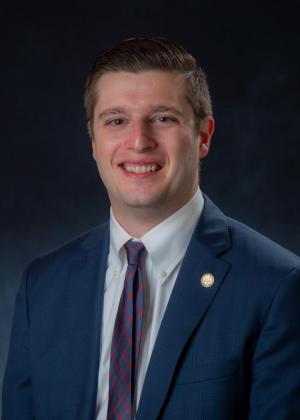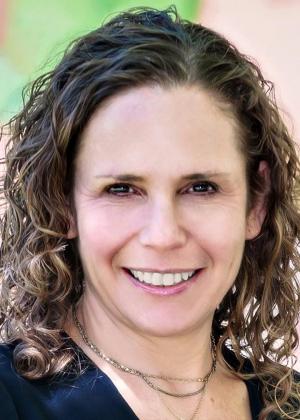Regents Kroll, Spiegel on budget concerns, student support, DEI progress
Budget uncertainty, student support and diversity, equity and inclusion (DEI) are among the key issues drawing attention from the Board of Regents as 2021 progresses.
Those topics and others were addressed by Regents Jack Kroll and Ilana Spiegel during the Jan. 28 Faculty Council meeting, which was held remotely.
“The budget is something we’ll need to keep our eyes on,” Kroll said. In assessing the current state funding climate, he looked back a decade to when the economy began recovering from the Great Recession, a reset that was boosted initially by federal support.
“Then it dried up,” Kroll said. “I think we’ve got about two years, likely this year and going into next year, where we’re going to have some significant support from the federal government to make our budget balance.”
After that, CU will confront “a pretty strong hurdle,” Kroll said, “and we’ll need to make sure enrollments are at a healthy level.”
Spiegel, making her first appearance at a Faculty Council meeting since taking the oath of office last month, said her background in economics and economic policy informs her understanding of CU’s need for adequate funding. She also considers budgets to be moral documents that reflect an institution’s values.
“I got some pushback on the campaign trail about how I would want to go through the budget line by line, that that would be micromanaging,” Spiegel said. “But we’re investing a lot of money in some really important initiatives. I want to make sure we’re getting a good return on our investment.”
Among those initiatives is online education, which Spiegel said plays a crucial role in increasing access to higher education for more students, including older professionals and residents of rural communities. But curriculum delivery must be supplemented by personalized counseling and student support, which requires investment.
Spiegel said she’s also interested in DEI and belonging among the CU community. Kroll echoed that, saying that CU faces “a fundamental financial imperative” to commit to the recruitment and retention of a more diverse student body.
In other business at last week’s Faculty Council meeting:
- The council continued its DEI work with Professor Emerita Brenda J. Allen, professor of communication and former vice chancellor for diversity and inclusion at CU Denver, and heard updates from Theodosia Cook, Chief Diversity Officer of the CU system. Cook said her office will be hosting quarterly roundtable meetings with stakeholders from across the system.
- Council members voted to approve the formation of an ad hoc Disability Committee, which will be chaired by Colleen Donnelly of CU Denver and Heather Albanesi of UCCS. Donnelly said the council had a disability committee many years ago, and that a reactivated committee will address pedagogy, identity and community. The ad hoc committee must develop a charge and return to the council in order for there to be a vote on a permanent committee.
- Tamara Terzian, chair of the council’s Personnel and Benefits Committee, said the group is gauging interest in establishing a systemwide Retired Faculty Association, currently only active at CU Boulder. Should the committee vote to pursue the matter, the likely next step is to survey retired faculty and those nearing retirement on their interest in such a group.
Faculty Council Chair Joanne Addison reminded council members that officer elections for the 2021-22 academic year will take place later this semester.



